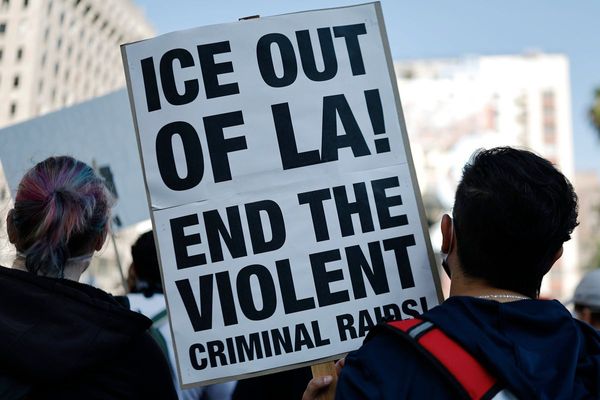
If you use ATMs often, you might notice something new on your bank statement: a “cash handling” fee. Some U.S. banks are now charging this fee, even when you use their own ATMs. This change is catching many people off guard. It’s not just about out-of-network ATM fees anymore. Now, you could pay extra just for depositing or withdrawing cash. This matters because it affects how much of your money you actually get to keep. And for people who rely on cash, these fees can add up fast.
1. What Is a “Cash Handling” Fee?
A “cash handling” fee is a charge for processing cash transactions. This can include deposits, withdrawals, or even exchanging bills for coins. Banks used to charge these fees mostly to businesses. Now, some are adding them to personal accounts, too. You might see this fee when you deposit cash at an ATM or withdraw a large amount. The fee can be a flat rate or a percentage of the transaction. For example, some banks charge $3 per cash deposit at an ATM. Others might take 1% of the amount you deposit or withdraw. This fee is separate from the usual ATM fee for using another bank’s machine.
2. Why Are Banks Adding These Fees?
Banks say cash is expensive to handle. It needs to be counted, stored, and transported. There’s also a risk of theft or loss. Digital payments are cheaper and easier for banks to manage. So, they want to encourage people to use cards or apps instead of cash. By adding a “cash handling” fee, banks hope to cover their costs and push more people toward digital banking. But for customers, it feels like another way to squeeze more money out of every transaction.
3. How Much Are These Fees?
The amount varies by bank and account type. Some banks charge as little as $2 per transaction. Others might charge $5 or more for large deposits or withdrawals. A few banks set a monthly limit for free cash transactions. After you hit that limit, every extra deposit or withdrawal costs you. For example, you might get three free cash deposits per month. After that, each one costs $2.50. Some banks also charge a percentage, like 0.5% of the total cash you deposit. These fees can add up quickly, especially if you use cash often.
4. Who Is Most Affected by Cash Handling Fees?
People who use cash for daily expenses feel these fees the most. This includes workers who get paid in cash, small business owners, and anyone who prefers cash over cards. Older adults and people without easy access to digital banking are also at risk. If you live in a rural area or don’t have a smartphone, you might rely on cash more than others. For these groups, cash handling fees are more than just an annoyance—they can eat into your budget. Even if you only use cash a few times a month, the fees can add up over time.
5. How Can You Avoid Cash Handling Fees?
There are a few ways to avoid or reduce these fees. First, check your bank’s fee schedule. Some banks still offer accounts with no cash handling fees. Credit unions and online banks are less likely to charge these fees. If you must use cash, try to limit your deposits and withdrawals. Combine transactions when possible. For example, deposit all your cash at once instead of making several small deposits. You can also ask your employer to pay you by direct deposit. If you run a small business, look for banks with business accounts that include free cash deposits. Switching banks might be worth it if you use cash often.
6. What About ATM Fees on Top of Cash Handling Fees?
Here’s where it gets tricky. Some banks charge both an ATM fee and a cash handling fee for the same transaction. For example, you might pay $3 to use an out-of-network ATM, plus another $2 for the cash handling fee. That’s $5 just to get your own money. Even if you use your bank’s ATM, you could still see a cash handling fee on your statement. Always read the fine print before making a transaction. If you’re not sure, ask your bank about all possible fees before you use an ATM.
7. What Does This Mean for the Future of Cash?
Banks are making it harder and more expensive to use cash. This could push more people toward digital payments. But not everyone can or wants to go cashless. Some people value privacy, or don’t trust digital banking. Others simply find cash easier to manage. If cash handling fees continue to rise, more people may seek alternatives, such as prepaid cards or digital wallets. But for now, cash is still important for many Americans. These new fees are just one more thing to watch out for.
Rethinking How You Use Cash
Cash handling fees are changing the way people use their money. If you rely on cash, it’s time to pay close attention to your bank’s policies. Look for ways to avoid extra charges. Ask questions and compare accounts. The goal is to keep more of your money in your pocket, not in the bank’s hands.
Have you noticed new cash handling fees at your bank? How are you dealing with them? Share your experience in the comments.
Read More
Why Some Women Are Choosing Sperm Banks Over Relationships
Is my money safe in digital banks?
The post Some U.S. Banks Are Now Charging a “Cash Handling” Fee—Even at ATMs appeared first on The Free Financial Advisor.







